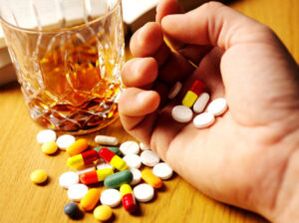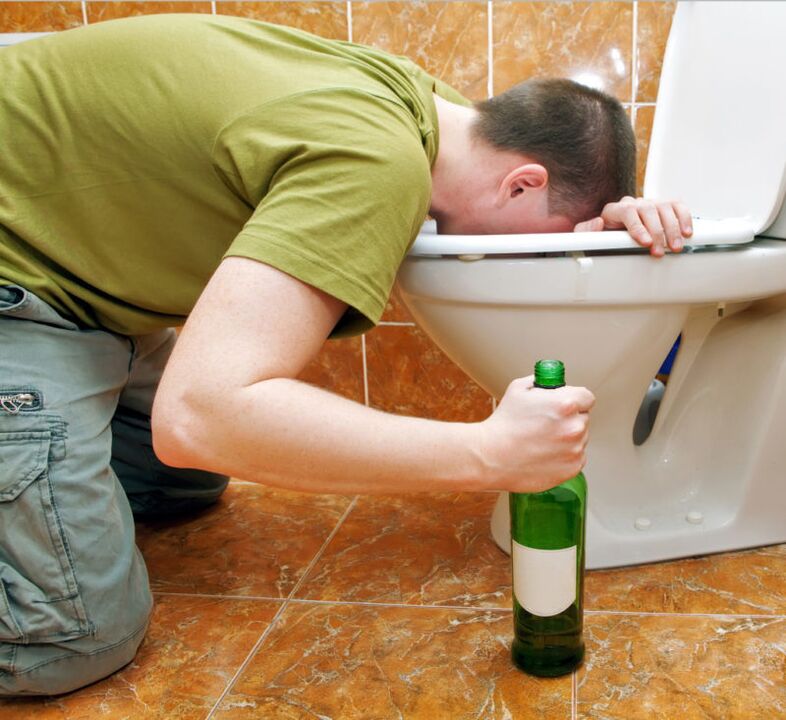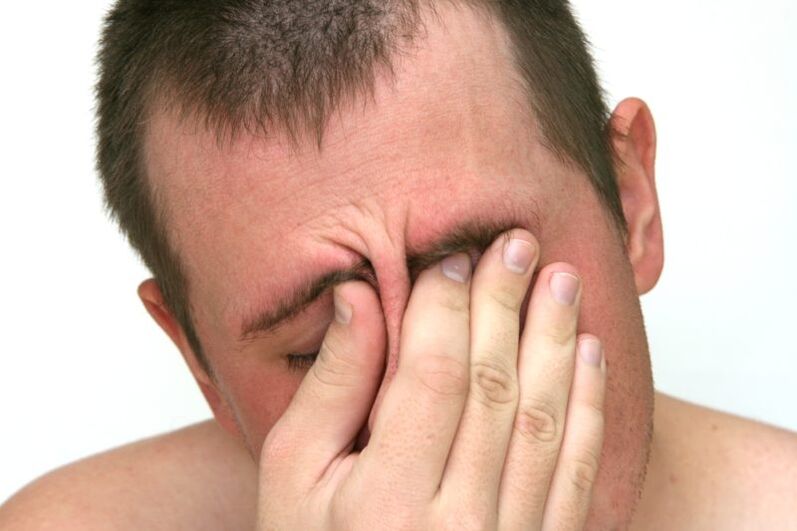
It is not uncommon for medication to coincide with the holidays. Therefore, the question arises as to whether it is possible to take antibiotics and alcohol whose compatibility is in doubt.
There are many myths that the combination of alcoholic beverages and drugs does not harm the body.
Many people should not drink alcohol while taking antibiotics. The main question arises: why?
This will be discussed in this article. You can also find out what the consequences of alcohol consumption are after antibiotics.
Then consider why you should not drink alcohol with antibiotics.
Possible consequences
Every sane person understands that health is paramount, so they don’t want to take risks and have serious consequences. This rather popular topic needs to be analyzed in detail, taking into account the opinions of doctors in order to know for sure whether it is possible to drink alcohol while taking antibiotics. According to experts, taking drugs means a complete rejection of alcoholic products (this also applies to all kinds of low-alcohol cocktails and beers).
Long-term studies have shown that in some cases, alcohol consumption does not interfere with antibiotic treatment at all, but may have consequences such as:
- headaches in the temple area as well as migraines;
- poisoning;
- adverse effects on the kidneys and liver;
- mental disorders;
- dyspeptic syndrome.
Alcohol poisoning
Drugs with antibacterial properties that act on the pathogen of the disease kill it. In the same way, the antibiotic affects the whole body, but the concentration and dose are not enough to cause harm to a person. During therapy, the urinary tract and liver are overloaded as they fight the toxic effects of antibiotics.

If you add alcohol to this, the liver gets a huge extra burden, resulting in a hangover and alcohol poisoning.
The worst case scenario is when the active ingredients of drugs react chemically with fusel oils and ethanol. In these cases, the consequences can be dangerous and unpredictable, sometimes fatal.
It should be borne in mind that some of the medicines you take are aimed at eliminating alcohol dependence. They contain ingredients that react negatively to the appearance of alcohol in the blood. If you drink any alcoholic beverage and take such medication, the destructive processes within the body cannot be stopped. As the active ingredient in the drugs begins to suppress the enzyme responsible for processing and removing ethanol from the body. The acetaldehyde purification process stops - this is the main reason for the sudden deterioration of well-being. Acetaldehyde is very toxic, and because the body does not have the resources to cleanse it, the poisoning continues to develop, ultimately leading to serious consequences.
If you ignore the warnings of your doctors and the contraindications listed in the instructions for the tablets, there is a high probability of severe poisoning accompanied by problems such as:
- tachycardia or arrhythmia;
- confusion, lack of coordination;
- disorders of the central nervous system;
- weakness and chills;
- What number;
- apathy;
- drowsiness, lethargy;
- gastric and intestinal dysfunction;
- vascular problems;
- acute heart failure.

When can you drink alcohol after antibiotics? It should not be forgotten that the human body has unique reactions and characteristics, so these consequences can be caused by taking many drugs at the same time as alcohol. The first symptoms of poisoning may appear 10-15 minutes after drinking alcohol. And it takes at least 10 days to restore health and eliminate the consequences. This leads to the conclusion that after the antibiotic treatment has been completed and more than 3 days have elapsed since the last dose of the drug, you may indulge in wine, cognac or beer after the antibiotics. And drinking alcohol is allowed 2 days before starting medication.
Antibiotics and beer
The same thing happens with antibiotics and beer. Many loved the taste of bitter bread so much that they stopped keeping beer as an alcoholic beverage. However, research shows that taking antibiotics in combination with alcohol has incompatible and unpredictable consequences. The effect of the active substance in the medicine is weakened and it is therefore eliminated more slowly from the body. This phenomenon can be explained by the fact that ethanol disrupts the liver, which is responsible for processing drugs that enter the body. There are antibiotics that are strictly forbidden to consume with beer.
After how many days can you drink non-alcoholic beer?
The widespread belief that non-alcoholic beer is not harmful during treatment is a misconception because beer marketed as non-alcoholic contains a small percentage of alcohol. It follows that the possible consequences of combining antibiotics and a drink are the same as for a traditional, strong-strength beer. The only caveat is that you should not drink non-alcoholic beer after 2 days after antibiotics, but after 2 days. This can be explained by the fact that small amounts of alcohol are excreted much faster from the body and the liver works without absorbing heavy loads.
So taking antibiotics in combination with alcohol is by far not the best solution. Make sense and ask yourself why and what treatment you started? The answer is obvious and priorities need to be set: you will be treated to improve your health and not make it worse by drinking.
























